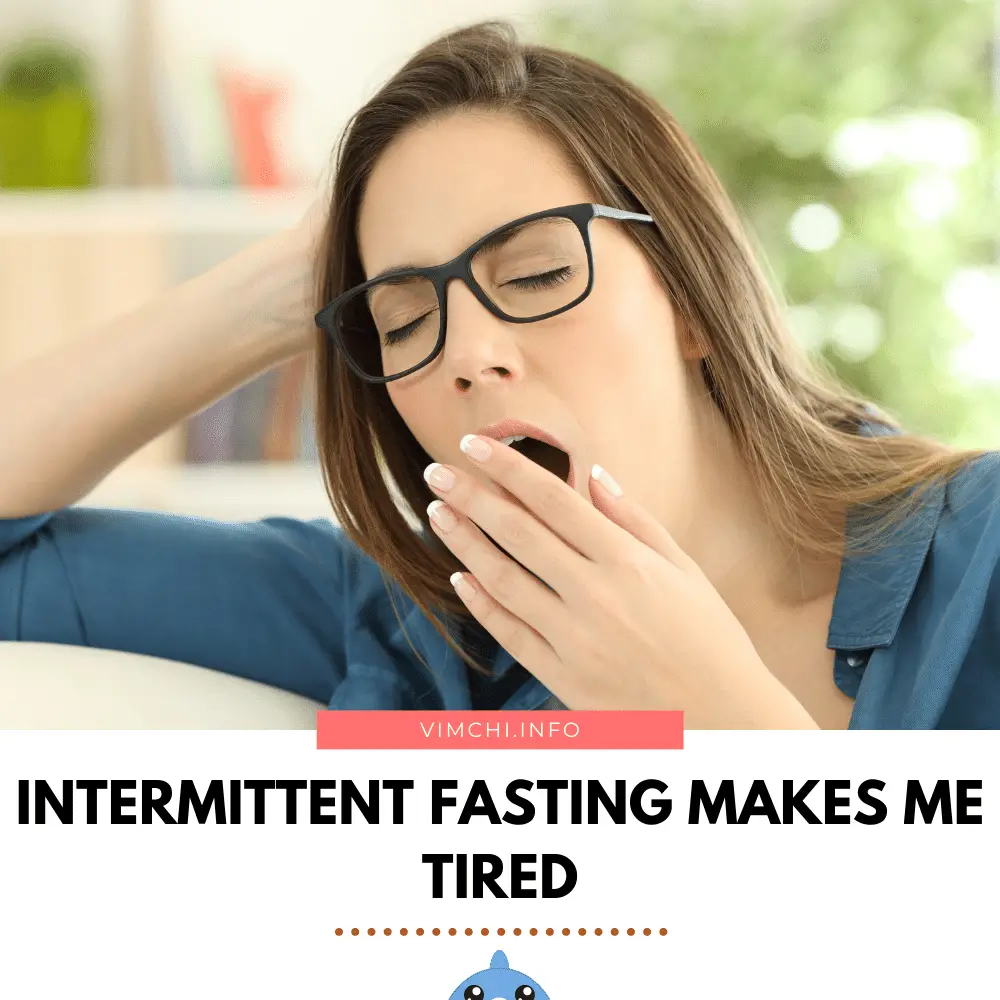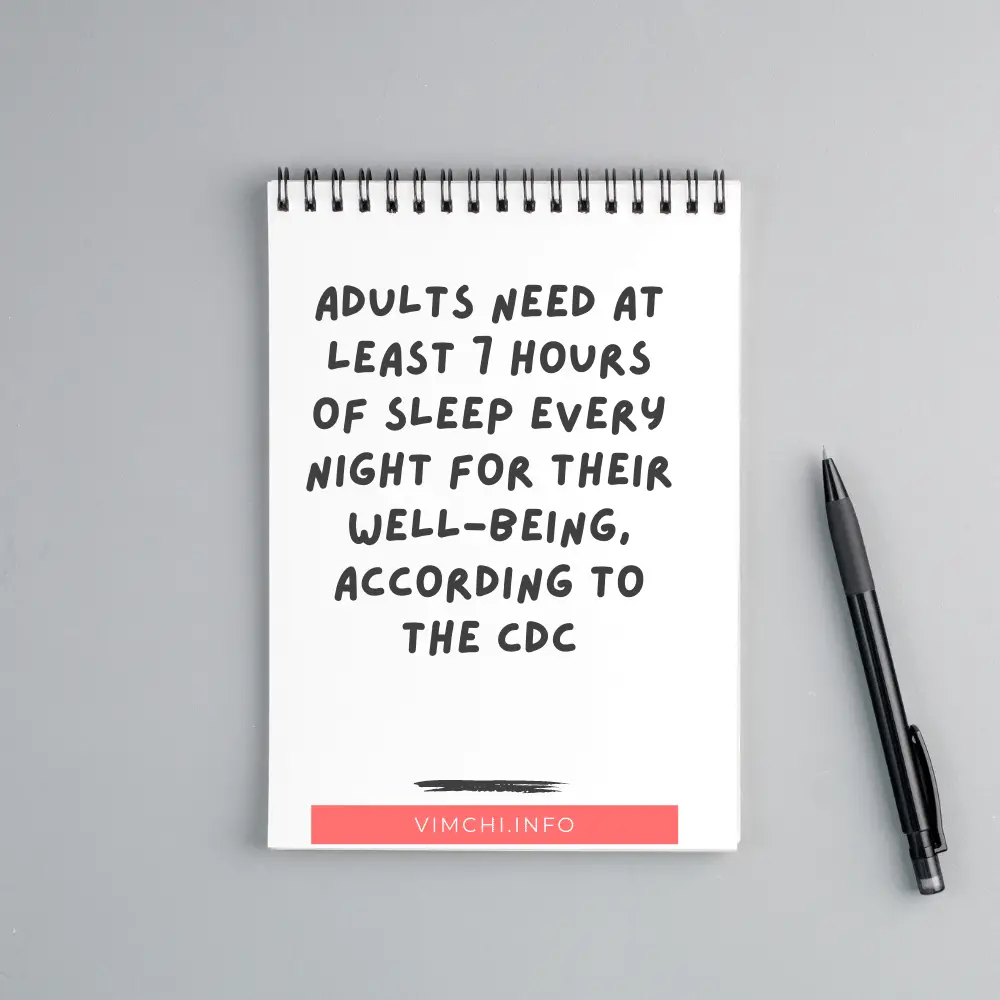Will intermittent fasting make me tired? Is fatigue a side effect of IF?

If you’re trying to lose weight, one of the effective ways to do it is to skip eating breakfast or dinner. Intermittent fasting is a diet plan that’s increasingly popular right now.
Several Silicon Valley executives are saying that this diet plan gives them better health and focus. And most of all, it helps them trim down weight.
Intermittent fasting can be done in various ways. You can forego food for 16 hours or 23 hours. However, for beginners, we suggest fasting for 8 or 12 hours.
But if you want a more extreme form of IF, you can go a day eating only one meal a day. It means that you fast for 23 hours and have an eating period of 1 hour.
Although intermittent fasting, per se, is safe, you may still experience some side effects. One of them is fatigue.
So, will it make you feel tired?
Will Intermittent Fasting Make Me Tired?
Yes, intermittent fasting will make you feel tired if you do it the wrong way.
It’s normal that you feel groggy or fatigued while fasting intermittently. This is especially true if you’re a newbie in this kind of plan. The reason for this is that your body doesn’t have the usual energy that it gets.
Read: The Dangers of Intermittent Fasting
This is also an indication that your body is still adjusting to your eating plan.
To alleviate it, try to meditate. You should also lower your physical activities. Schedule your workout during your eating period.
For instance, if your eating period is between 5 and 7 pm, you can work out an hour before your last meal of the day.
Avoid Fatigue
There are many ways to overcome fatigue as a result of intermittent fasting.
Hydration

Dehydration can make you feel tired. It can cause your blood pressure to drop, thereby, you experience a reduction in the blood flow to your brain.
You also experience a decrease in blood volume. It results in your heart working harder just to distribute the nutrients, oxygen, and fluid to different cells.
To avoid it, just stay hydrated to avoid fatigue and you will feel more energized.
You can drink tea while in the fasting phase. But it’s not always advisable. Instead, opt for plain water.
Eat Healthy Food
Some people are encouraged to try IF because they thought that they can just eat anything they want. But it’s not true.
If you eat too a lot of processed food and not enough whole foods, you will feel tired during the fasting period.
Not getting the essential micronutrients and minerals will cause nutritional deficiencies, thereby, causing fatigue.
Hence, to avoid fatigue while intermittent fasting, you need to improve your diet. Consult with a nutritionist to know what food you can eat to boost your energy levels.
Adequate Sleep

If you feel tired, IF might not be the cause of it. It could be that you didn’t get enough sleep.
Adults need at least 7 hours of sleep every night for their well-being, according to the CDC. Unfortunately, more than a third of adults don’t get adequate sleep regularly.
Read: Remedies to Help You Sleep
Even though intermittent fasting may help improve sleep, you may struggle to get adequate sleep when you’re hungry.
If you can’t fall asleep because of your empty stomach, you may wish to shift your fasting schedule.
For instance, you can adjust your mealtime near your bedtime. In that way, you won’t feel hungry before you sleep.
Drink Coffee
Sometimes, what you need might just be a cup of coffee to help you energize. Coffee is a quick fix.
Although drinking nothing but water is highly suggested during fasting, you can drink a cup of coffee without milk or sugar. It can help boost your energy.
Unfortunately, if you’re prone to gastritis or suffer from GERD, you should only drink water and not coffee.
If you’re really feeling tired during your fast, try taking a nap. It might just be the thing that you need to feel energized.
Chronic Fatigue Syndrome
It has several causes. If your condition is caused by a cortisol deficiency, IF might make your condition worse. That’s why you must talk to your doctor before you follow intermittent fasting.
Your doctor may suggest you take it slowly.
For instance, if your daily calorie need is 1,800 and you wish to lower it through intermittent fasting, you can start eating up to 1,500 calories a day at first. It’s 300 fewer calories than you need. It’s still a good way to help you lose weight with IF.
Conclusion
Will intermittent fasting make me tired? It will if you are dehydrated and you don’t get enough food and sleep.
For more tips on how to get started on intermittent fasting, check out this post.
Speak Now ... Or Forever Hold Your Peace